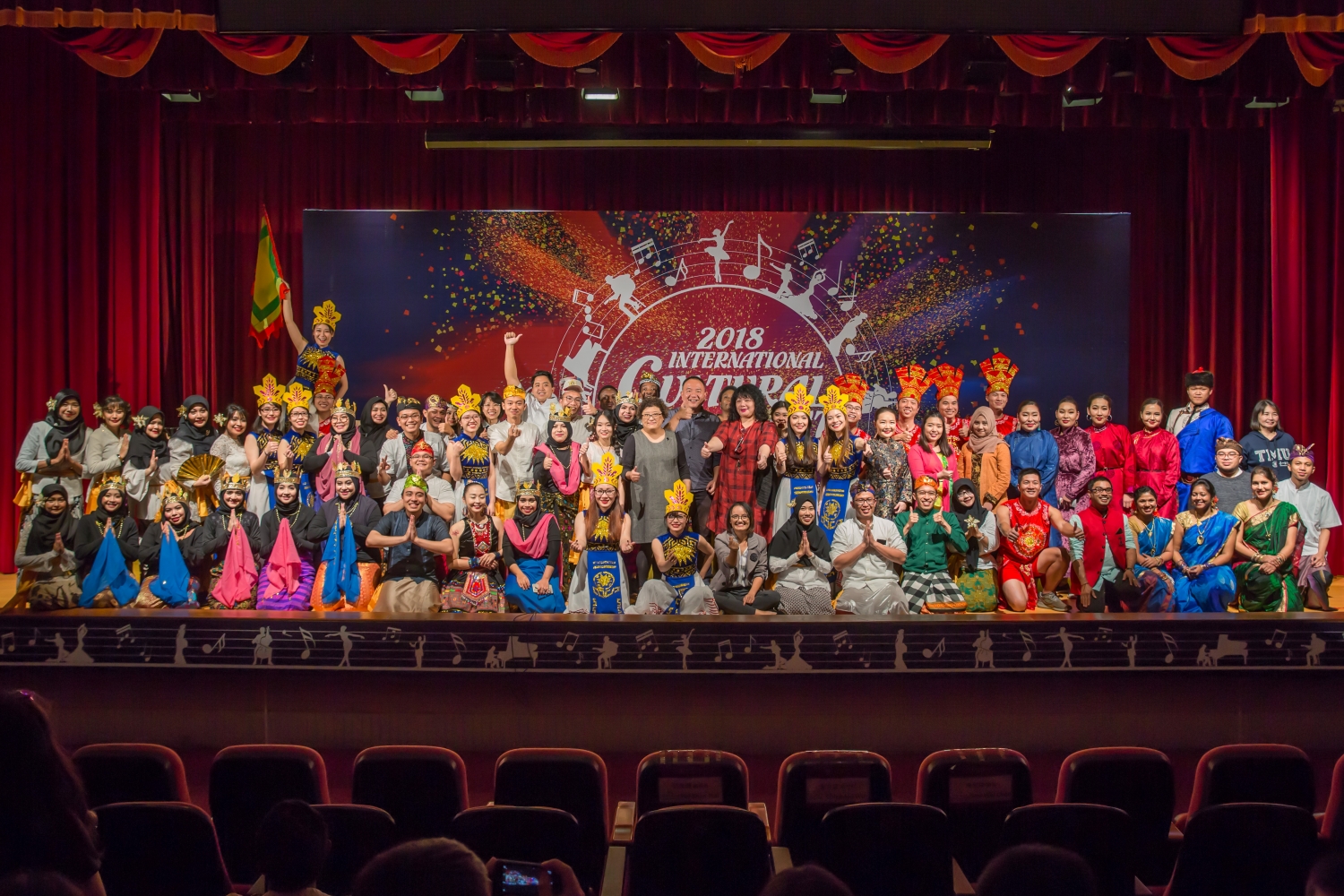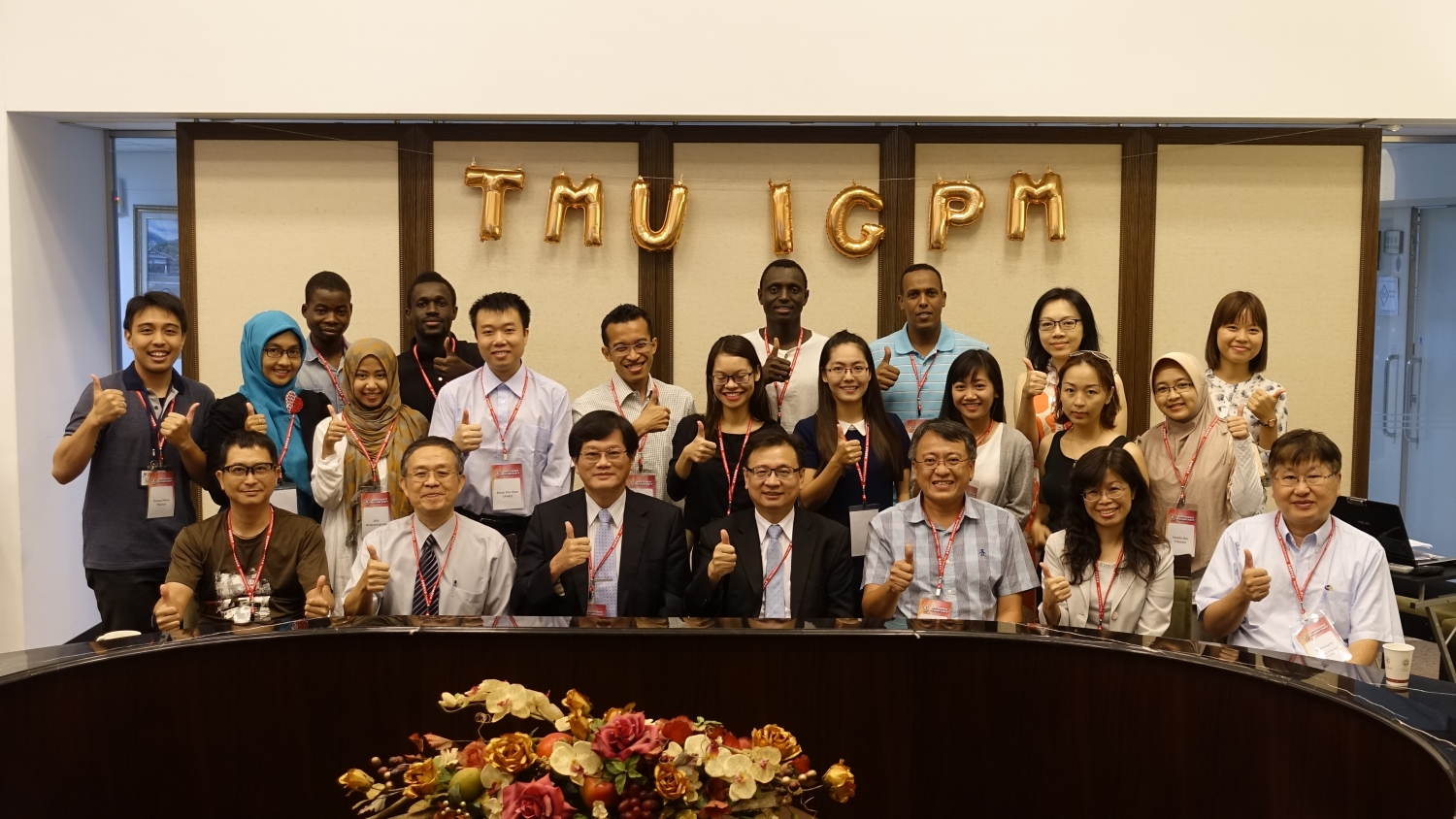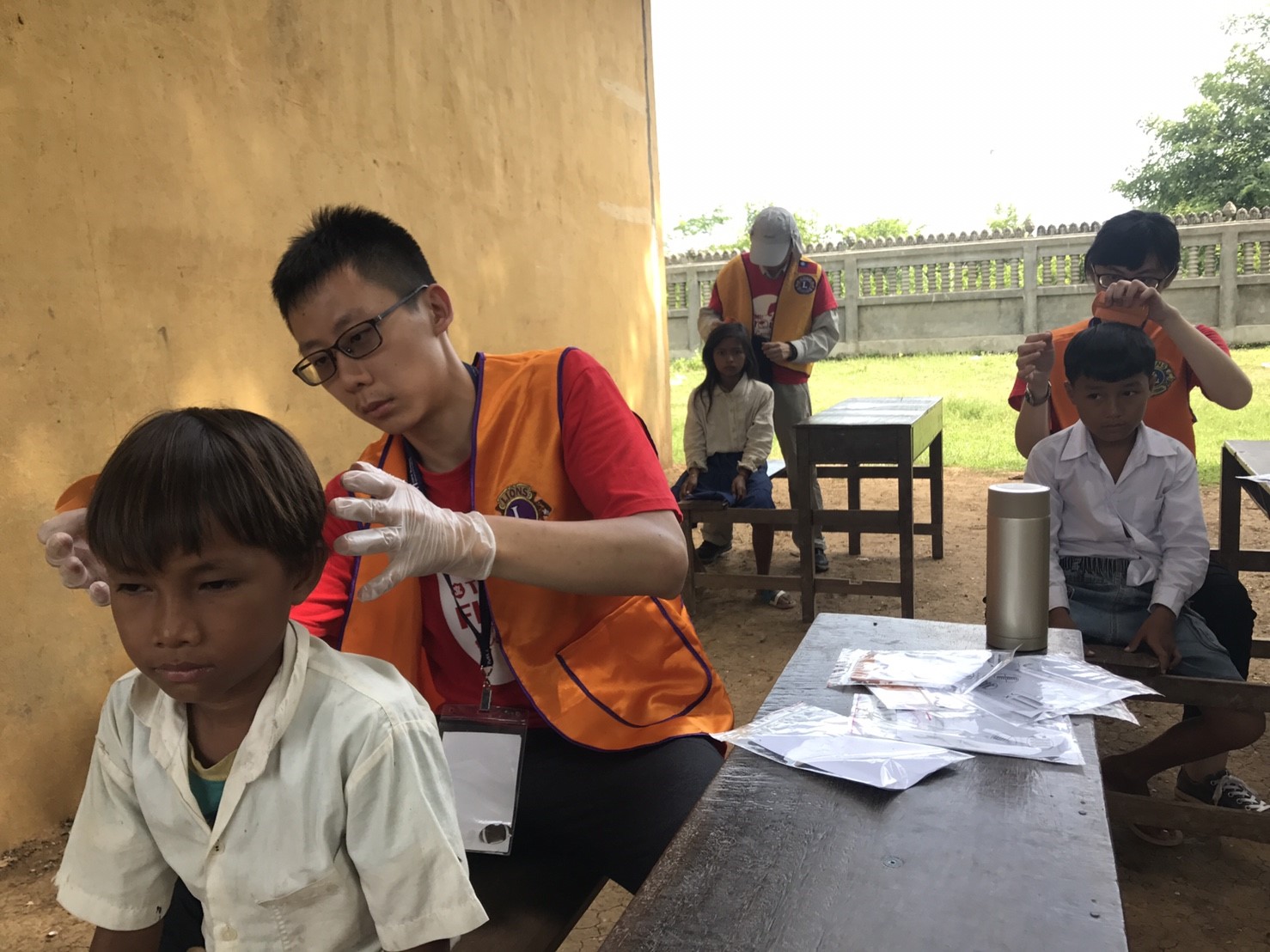TMU devoted to developing in Southeast countries



As Taiwan’s government and institutions have promoted a New Southbound Policy in recent years, health policies have been an important part of this effort. In particular, economic and trade cooperation, talent exchanges and resource-sharing can facilitate development of health-related initiatives as well as biomedical industry supply chains.
Guided by this policy, Taipei Medical University (TMU) has been working with countries including Vietnam, Indonesia, the Philippines, and Malaysia for collaboration. Targeted efforts in teaching, research and clinical training have boosted student interest in education opportunities, and short-term programs have facilitated interactions with these nations in medicine, nursing, health care management and other key areas. Furthermore, training programs have also been arranged with local hospitals through TMU’s participation in regional academic alliances.
TMU currently has approximately 310 students from ASEAN countries, particularly Indonesia, Vietnam and Malaysia. In view of these nations’ enormous demand for specialized medical education and training, TMU introduced its International Postgraduate Program in Medicine in 2015, which successfully attracted many Southeast Asian students. Five master’s degree students from the first cohort have already completed their studies and returned to share their new skills with their homelands. Meanwhile, TMU has collaborated with the University of Medicine and Pharmacy Hospital of Ho Chi Minh City, Bach Mai Hospital, Hai Phong University of Medicine and Pharmacy, Quang Ninh Province’s Health Department and other institutions since 2017. So far TMU Healthcare System has arranged for thirty Vietnamese health professionals to attend clinical training, and 21 of them have completed their programs already, providing the participants solid support in their professional development.
In response to the New Southbound Policy, Taiwan’s government has also set aside funding to support outreach efforts by higher education institutions. As a result of our quality proposals, TMU has been awarded five different grants between 2017 and 2019, totaling more than 30 million NTD, including the New Southbound Talent Development Program, the New Southbound Elite Scholarship Program, the Taiwan Connection Project, the New Southbound MOOCs Project from the Ministry of Education, and New Southbound Project for Collaboration and Industry Development in Medicine and Health from the Ministry of Health and Welfare. TMU is the only Taiwan institution with multiple New Southbound MOOCs project grants, which shows the university’s leadership and commitment in building regional cooperation.
These New Southbound projects have helped TMU promote collaboration with India, Thailand, Singapore and other nations by sharing expertise in medical research, advanced nursing skills and oral medicine practice. Students also experienced Taiwan’s culture through the university’s topical training and skills courses, holiday programs and other special short-term opportunities. In addition, TMU students also participate in medical internship programs in ASEAN countries. The College of Public Health has collaborated with Thailand’s Mahidol University since 2017, enabling eight students so far to receive internship training abroad. These activities have broadened Taiwanese students’ global perspectives and knowledge of healthcare systems elsewhere while creating stronger ties with ASEAN institutions.
For more than a decade, TMU student service groups have volunteered in India, Nepal, Cambodia and other South and Southeast Asian countries. In 2017, TMU’s FLYoung International Service in the Kingdom of Cambodia and Taipei Medical University Service Overseas (TMUSO) in Nepal received silver and bronze awards respectively from the Education Ministry’s Youth Development Administration for their work in-country and the positive outcomes they brought to local communities. TMUSO sent 14 dentists and 14 dentistry students to Nepal in the summer of 2018 to conduct oral cavity screening and treatment service as well as health education programs, winning praise from President Tsai Ing-wen on her official Facebook page.
TMU also continues to expand its global medical treatment capabilities. TMU Hospital set up an international medical center in countries including Indonesia, Myanmar, Malaysia, Cambodia and Vietnam; it also offers international one-stop medical services and a consultation space. These services have helped 11,000 patients in the past three years, providing another pathway for New Southbound exchanges.
Beyond clinical skills training, TMU has been entrusted by Taipei’s city government to manage the Ho-Yi Assistive Technology Center, which focuses on clinical and industrial innovations in partnership with TMU’s Research Center of Rehabilitation Engineering and Assistive Technology. These efforts promote the Made in Taiwan brand through the soft power of health-related devices and applications. Taiwan’s health and medical influence in ASEAN countries will continue to expand through these initiatives and related networking and cultivation of talent.
For interviews or a copy of the paper, contact Office of Global Engagement via global.initiatives@tmu.edu.tw.









